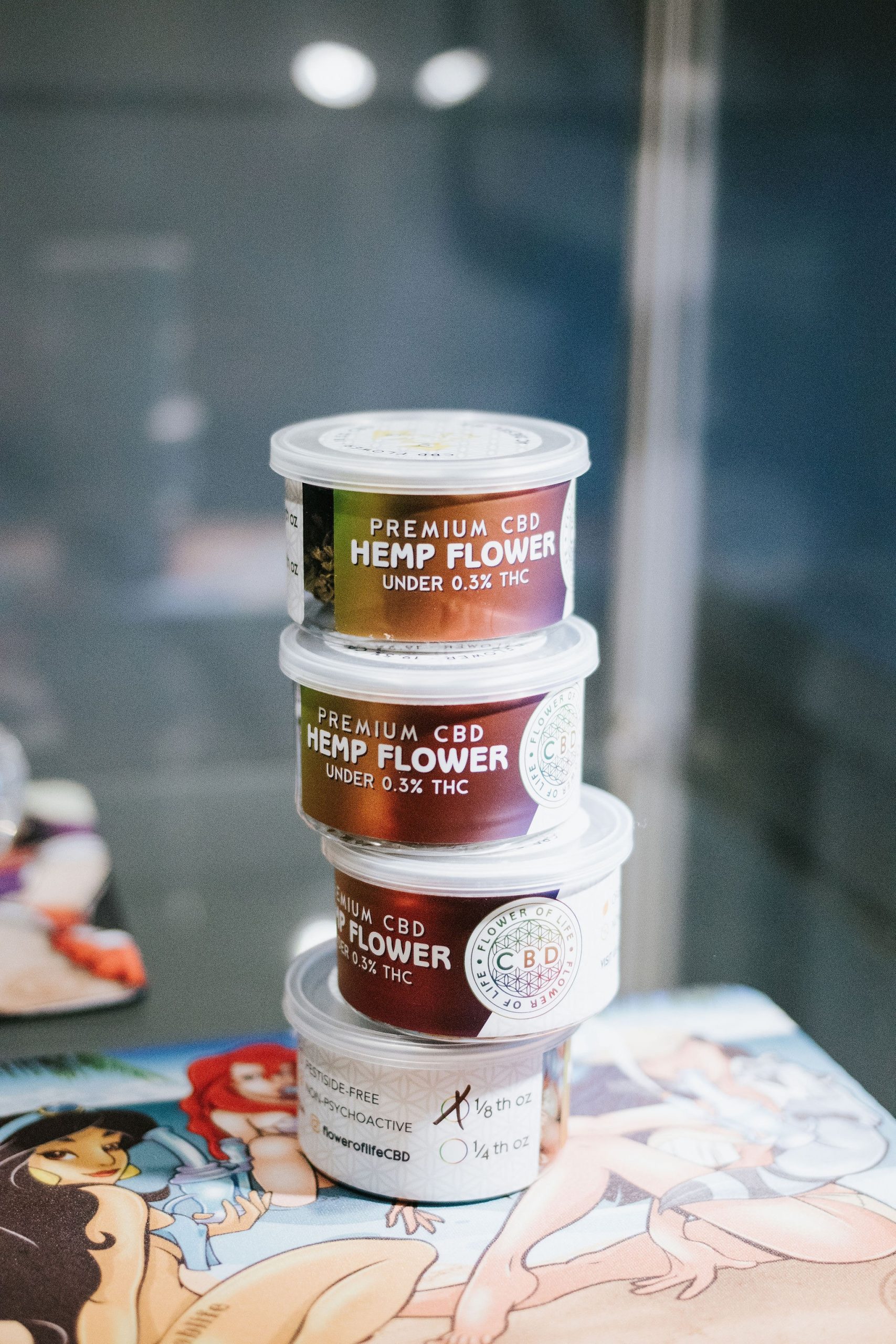How do you end a good relationship? Perhaps you’re the one who gets along the most, but the other person doesn’t share your sense of adventure, spontaneity, or
“In healthy relationships, there will always be a back and forth,” explains Sullivan, “often leading to conflict. When that’s not an option, you can try to be agreeable, but if that doesn’t work, you can try to be more forceful.
It can take a lot of effort, energy, and thoughtfulness to try to be gentle with the person who’s feeling hurt, even if they’re not happy. “Be firm and consistent,” says Sullivan, “and avoid any of the less severe ways to get the person to change.
Sometimes, the most effective way to get through a relationship is just to be there. “Be willing to take the hit for the person who needs it the most,” says Sullivan, “but if nothing seems to help, consider ending the relationship.
It can be hard to figure out how to say no to something you really want to do, but you’ve decided not to take the easy way out. “Don’t say, “No thanks,’ when someone says “No way,’ because then you’ve given them the middle finger.
Also avoid giving the person the middle finger. “It can lead to violence,” says Sullivan, “so be careful.”
It’s okay to drift apart again, but if you’re starting to feel the need to say “yes” more often, it may be time to call it quits. “A relationship can be very good or very bad,” says Sullivan, “but it’s better to be in a bad relationship than a good one where you don’t know.”
The person who is getting dumped will typically react with anger, shock, or panic. If they’re not happy with the way the relationship is going, they may try to cling to the relationship as a way to stay in it.
How do you end a good relationship? It’s one thing to have a good relationship when you’re doing well. It’s another thing entirely to have a relationship when you’re not so good.
Sometimes, the best way to end a good relationship is just to be honest about why the relationship needs to end. “I’m not willing to compromise on the reasons we started the relationship,” says VanDeBos. “That means I won’t compromise on what we have going for us apart. That means I won’t take the low road, either. Let’s face it: If you’re not happy in the relationship, it’s likely you won’t be happy in the relationship either.”
Hurt is an inevitable part of being a relationship partner, but VanDeBos says it’s crucial to mentally separate yourself from the situation and gain perspective. “Very often, the most successful relationships end because the people who were in them don’t understand why they can’t just be happy with someone else,” she says. “They think they can ‘fix’ the relationship by ‘beating it out’ or by ‘giving it everything’ — but that just isn’t true. The person in the relationship isn’t perfect, and they likely have issues as well.”
VanDeBos points out that one of the reasons it takes so long to break up is because people aren’t willing to budge. “Anticipate the conversation and then choose your ‘where.’ Will it be heated? Sad? Emotional? Will they react aggressively? Wherever you decide to do it, make sure there’s some element of privacy,” she says. “Less privacy is better if you want to keep their reaction under control or if the physical connection is so strong that there’s a risk you don’t follow through with the conversation.”
VanDeBos says it’s crucial to mentally separate yourself from the relationship and letting the other person know you’re no longer in the relationship will help you move on. “Once you’re starting the process, focus on how you’ll interact with them once you’re done.
There are a myriad of reasons why a relationship ends, but the most common ones are:
The other person doesn’t understand the “real” reason you broke up with them (or, more honestly, why you’re ending the relationship).
The other person doesn’t understand the “real” reason you broke up with them (or, more honestly, why you’re ending the relationship).
The other person doesn’t understand the “real” reason you broke up with them (or, more honestly, why you’re ending the relationship).
The end of a relationship is hard. Even though it may seem like a way to ease the pain, it actually causes pain on both sides. It’s one thing to “cure” the pain of the breakup by telling your partner “I’m not ready for this right now” or “Maybe this can work down the road…”; it’s another thing entirely to “cure” the pain of the breakup by telling your partner “I’m not ready for this right now” or “Maybe this can work down the road…”
It can be very hard to be alone again after a breakup. The loss of a close friend or family member can be especially hard, and the pressure can be immense.
It’s easy to forget how the other person might feel about the breakup, but it’s essential to avoid trivializing the situation. Highlight the good parts of the relationship, whether it be the morning paper, the Facebook status update, or the text message.
Don’t do either of the things below. If you have a safe space in which to think about it, don’t do either of the things below. If you have a safe space in which to think about it, don’t do either of the things below.
How do you end a good relationship?
There are a few different answers to this question, but the one that seems to work for a lot of people is this:
. If you start by treating each other with kindness and respect, then gradually your relationship will come around to the “nice guy” standard.
. But if you continue to treat each other with suspicion and hostility, eventually you will start to feel a “better” way about yourself, and the relationship will come around to the “I’m better than this” standard.
. Ultimately, you will have to decide whether you want to move on or not, but it’s helpful to have closure and the ability to look back on the relationship in a positive light.
. For many people, this is the most important aspect of a relationship; for others, it may be more about the communication style or the content of the relationship.
. Think of it this way: would your partner want you to stop seeing them as a friend just because you’re not happy anymore? Would you want him or her to stop letting you know when it’s time to “move on” from the relationship because you don’t feel supported anymore?
. If you answered “no,” then you’re not doing either of you any favors.
. If you answered “yes,” then you’re doing the “good enough” thing by allowing your partner to look back on the relationship in a positive light.
. By putting so much trust in the other person, you’re also not doing yourself or the relationship any favors when you decline opportunities to further connect.
. Finally, you’re not doing either of you any favors by putting up with the other person’s behavior or by not exploring more fully alternative options.
. In some cases, this is okay; in others, it isn’t. Ultimately, your partner needs to look at your reasons for declining the relationship and working through the issues that ultimately led to the breakup.
. There is no right or wrong about exploring other options; it’s just a matter of personal ethics.




